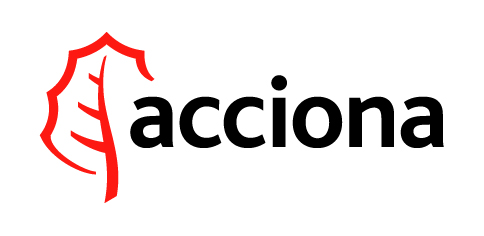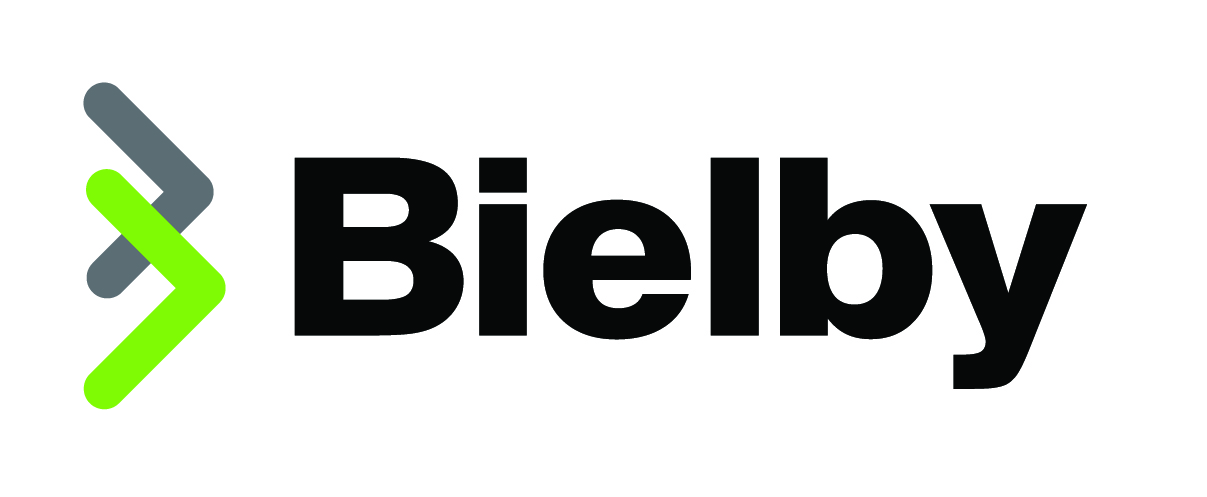
Peter Robinson
Project Director South West Pipeline – Seqwater
In the Australian Water Industry, the vast majority of major projects – allowing for those in the mining, power and agricultural sectors – are overseen by State Owned Entities (SOEs).
Major water supply and wastewater construction projects have seen a wide variety of delivery/procurement models adopted over the past 20–30 years, including:
- traditional design followed by construction
- design and construction (D&C)
- early contractor involvement (ECI) leading to D&C
- design-build-operate (DBO)
- design-build-operate-maintain (DBOM)
- private public partnership (PPP)
- alliances
- partnerships
and hybrid versions of each.
There have been various levels of success across all these alternative delivery mechanisms. In each case of success or failure (or at least a mediocre outcome for both the client and constructor) it would seem there are three key performance measures which should be front of mind, or are more critical to achieving higher the levels of success, these are:
- informed and sensible risk allocation across project deliverables
- a fair day’s pay for a fair day’s work
- trust.
In many ways these elements are inextricably linked, the trick is to bring them all into play.
The choice of the preferred delivery mechanism to suit the sensible and optimum outcome, in an overall sense, is sometimes not well investigated or understood by the asset owner prior to embarking on a procurement strategy. Often the decision is based on an historical approach to how “projects have always been done”. Alternatively, project risks are allocated onto the delivery contractor and “let them sort it out”! Informed selection of the optimum model at the outset of a project can often dictate success or otherwise.
Some thoughts
Think carefully and don’t be afraid to engage with the private sector, at the end of the day it’s in everyone’s best interest to achieve a successful outcome.
Being administered by SOEs can perhaps introduce a level of complexity to engagement with the private sector constructors because we are dealing with public monies. The “shroud of probity” by all means need to be maintained to ensure a level playing field for all market participants and fair competition. A creative and well thought through engagement strategy can encourage innovative thinking along with fair and reasonable risk allocations to enable transparent understanding of project risks and allocations very early in the project life cycle.
Another challenge facing the water sector is the fact that water quality along with wastewater treatment and disposal have significant health and environment aspects in relation to project outcomes. How often had we heard the phrase “water is different because people drink it”. This may add to the “black boxes” of water and wastewater treatment but if we can put man on the moon surely there’s a way around better performance-based outcomes for treatment plant projects from a contractual aspect. Early up-front sharing of required project outcomes along with design inputs and who bears what risk creates transparency, understanding and improves risk management.
From industry experience, what appears to have occurred when a new delivery vehicle has been introduced is that certain players within the delivery mix tried to maximise short-term gains which ultimately resulted in medium- or longer-term loss of confidence or trust. For example, when PPP project delivery was the flavour of the month, banks and financial institutions sought to make unreasonable long-term profit margins – attractive to super funds but perhaps not so for consumers left to pay the bills. Similarly, with alliance contracts soft Target Outturn Costs (TOCs) resulted in some of the alliance partners receiving high double digit returns, which ultimately depleted confidence and trust within SOEs and many Government Treasuries.
Alternative delivery projects were an attempt by the water sector SOEs to better engage with the construction, with a view to achieve a reliable and reasonable outcome for all. It’s important for organisations that are committed to the water sector to play the long game – don’t expect to make short-term gains or life ends up in tears and lawyers at 30 paces!
The fact is there isn’t one specific delivery mechanism that has the silver bullet for all participants. Whichever method of project delivery is chosen the three success factors:
- transparent risk allocation
- fairness
- trust
will dictate the projects long term success or otherwise. Therein lies the challenge.













